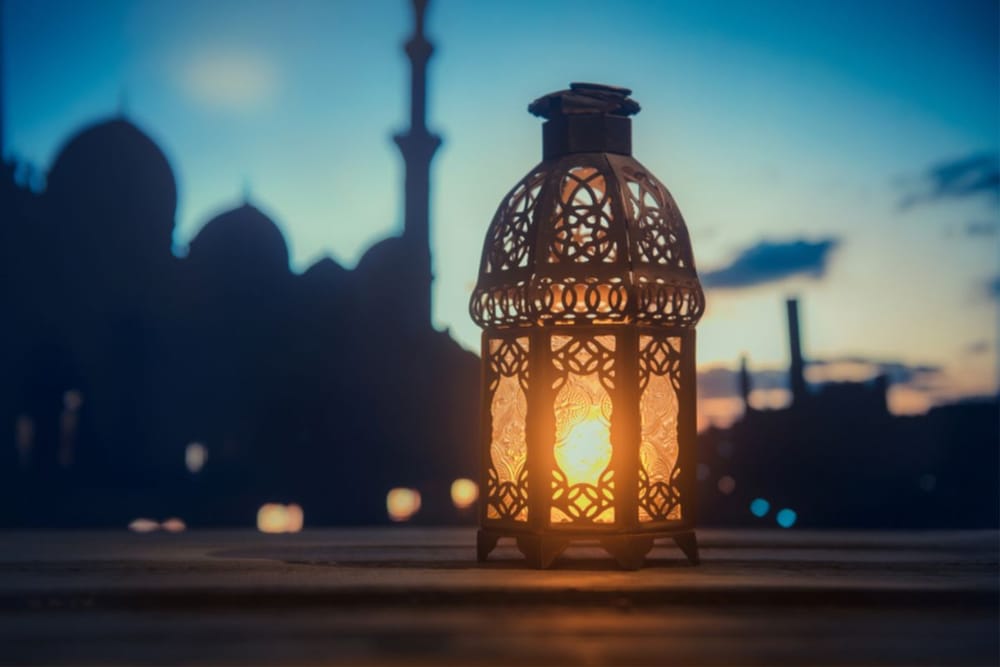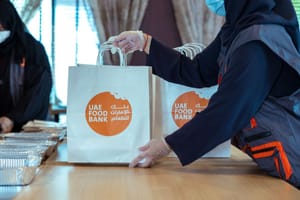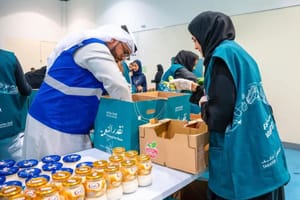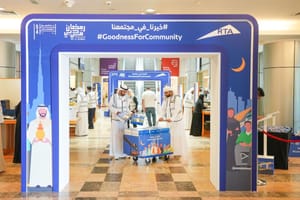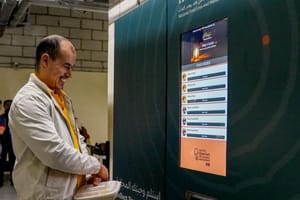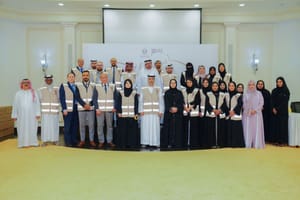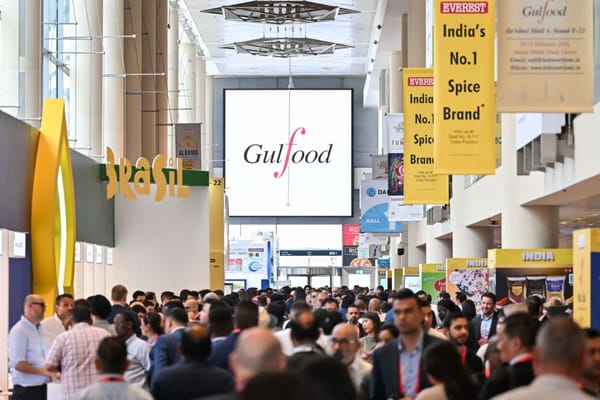According to the Hijri calendar published by the Dubai Islamic Affairs and Charitable Activities Department, it will commence on Tuesday, March 12.
The holy month of Ramadan sees spirituality and a more relaxed pace of life prevail across the UAE. As the month of fasting draws near, greetings of ‘Ramadan Mubarak’, translating to ‘blessed’ or ‘happy’ Ramadan, resonate throughout the Emirates.
The daily routines of residents are also different — from work hours to school schedules and paid parking hours, there are many aspects of life that change during the holy month.
According to the Hijri calendar published by the Dubai Islamic Affairs and Charitable Activities Department (IACAD), Ramadan will commence on Tuesday, March 12, 2024.
Work timings
Reduced work hours apply to both fasting and non-fasting employees. This helps employees be part of the month's spiritual activities and cultural practices. The UAE government typically announces reduced working hours for both the public and private sectors. While some jobs necessitate longer hours, most employees in the private sector enjoy a two-hour reduction in their workday. Government offices often close early, with working hours for public sector employees reduced to six instead of the usual eight hours.
School schedule
Academic days are typically slashed down to five hours daily. However, this year, most schools will be closed during the first three weeks of the holy month. Institutions will be closed for either the spring or end-of-term break around this period.
Parking
Paid parking hours are modified during Ramadan. These will be announced closer to the holy month. Last year, Dubai applied fees from 8am to 6pm; and 8pm to 12 midnight Monday to Saturday — giving residents free parking for two hours on weekdays. Sharjah applied fees from 8am to midnight Saturday to Thursday.
Restaurants, cafes
In Dubai, it’s business as usual at most eateries. According to Visit Dubai, while there's no requirement for non-Muslims to avoid eating and drinking in public during the day, one “may choose to do so out of respect for those fasting”.
Iftar meals
Iftar holds great significance during Ramadan as it marks the meal that breaks the day's fast after the Maghrib call for prayer. Iftar is usually a time for family and friends to gather and enjoy a special meal. Many hotels and restaurants in Dubai offer feasts and special Iftar menus to cater to the occasion. Additionally, numerous restaurants provide enticing offers and discounts for Iftar meals.
Prayers, taraweeh
Thanks to reduced and relaxed work hours, fasting Muslims are able to offer most of their five daily prayers at mosques. Places of worship are usually full, especially during the special prayers called Taraweeh that are offered after Isha.
News Source: Khaleej Times
